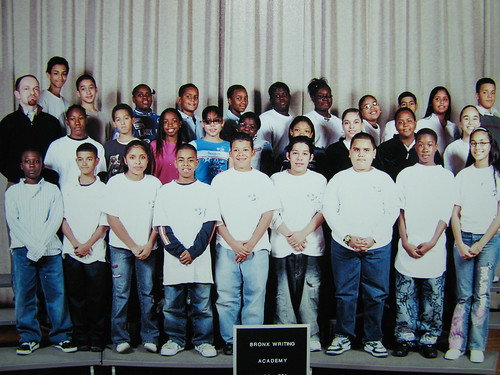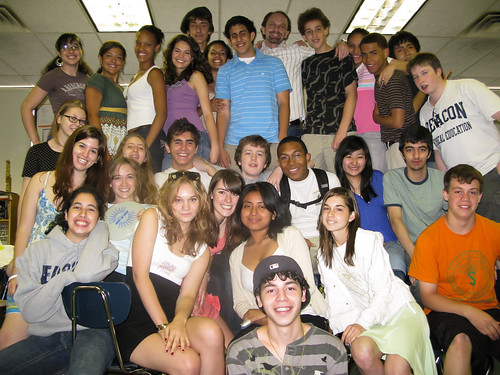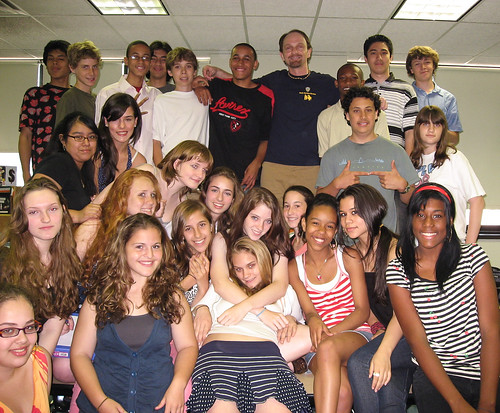1. (Due Tomorrow) MSM Essay due Wednesday! 3-4 pages.
Per Man’s Search for Meaning, what is Viktor Frankl’s view of the human condition?
Ultimately your objective for this essay is to craft a thesis reflecting Frankl’s view of the human condition. In doing so, you will demonstrate control of logotherapy. Feel free to show your thesis to me to get some feedback.
The following are major players in his argument:
- Frankl titles Part II of his text “Logotherapy in a Nutshell.” Scholars suggest his thesis here can be reduced to the Freidrich Nietzsche quote (Remember, Frankl himself cites it on numerous occasions):
“He who has a why to live for can bear with almost any how.”
- Inner life/value and spiritual freedom
- Discovering meaning in life in three different ways:
- By creating a work or doing a deed
- By experiencing something or encountering someone (Love)
- By the attitude we take toward unavoidable suffering
*These are key elements and they are, frankly, obvious. Certainly, you can discuss them in your essay; however, do not limit yourself to the obvious. Engage the nuances of his argument (i.e. Jesse noting Noo dynamics today in class). The more nuanced your discussion, the more textual control you have. That is what I am looking for. The less nuanced, the more I will call into question your actual reading of the text.
*In this essay do not merely write that Frankl believes we can attain meaning in three different ways. That is a gross simplification of his existential view and logotherapy. While I do not expect to see mastery in this essay, I do expect to see sophisticated control of his argument.
Your essay should demonstrate control/understanding of both Part I and Part II of the text. So both parts of the book should be explored in your essay. This essay is unlike English essays of the past! Your thesis is actually what you believe to be Frankl’s argument. There should be no critical discussion!
General Formatting (Read Closely):
- Double-spaced; size 12 font; Times New Roman or Arial
- .75 margins on both left and right sides. Justify margin. Indentations– .5” or 1 tab space.
- All pages beyond the first page should be numbered. Page numbers should be placed at the bottom right of each page.
- No Cover Page. Include name, class, and date (Single space the heading)
- Be sure TITLE reflects the theme of the essay (for instance, 1984: Hierarchical Hegemony)
- Include Title, Author, and General Theme of work in first paragraph of essay…For Example—Jean Paul Sartre’s Nausea
- Follow MLA guidelines
Avoid the Following:
- Avoid Pronouns: I, it, you, me, we, us
- Avoid Troublesome language. Try to avoid using the following words: it, these, this, those, kind of, almost, seems, maybe, like, then, later, eventually, basically, so, many, a lot, things, due to the fact (or any variations of the fact that), in reality, very, really, forms of the verb “to be”
- In the intro, nix all book-review commentary—i.e. “is fascinating, interesting…”
- Be extremely careful with your use of all words…yet, for these words in particular, don’t think they are cheap: Truth, Beauty, Love, Nature, Reality
- Avoid gross existential generalizations; remember, we learned early on that to come to a set definition of existentialism would be difficult if not impossible. Remember, the various existential schools of thought—those whom we’ve covered (i.e. Nietzsche, Kierkegaard, Schopenhauer, Sartre, Dostoyevsky) and those whom we have had briefly touched on in précis presentations (i.e. Jaspers, de Beauvoir, Heidegger, Camus, etc.). These individuals help to define our context, so once again, avoid the generalizations.
- While I am not suggesting that you avoid all modifiers, you certainly should be conscious of how you are using them. Yet, definitely avoid the likes of really, basically, very, excellent, terrible, etc.
- Avoid misspelling proper nouns!
Remember:
- Active voice should be your default voice and only use passive when you are CHOOSING to use passive voice.
- Get comfortable writing in complex and compound sentences.
- Introductions and conclusions are factored into the grading of this essay.
- Read your essay aloud and you will hear many diction and syntax issues.
Keys to Good Writing:
- Cohesion—Every sentence fits together; paragraphs flow smoothly. Ensure that the entire discussion comes together as one unified discussion of your text and its context.
- Concision—Less is more. Use fewer words to explain yourself. Begin fusing sentences by merging ideas into tightly knit phrases.
- Precision—Accuracy. Use words that accurately capture what you mean. Don’t settle for words or expressions that come close.
- Coherence—Does your essay make sense? Are your ideas organized in a logical sequence? Do you prove your thesis? Do the parts contain the essence of the whole?















































